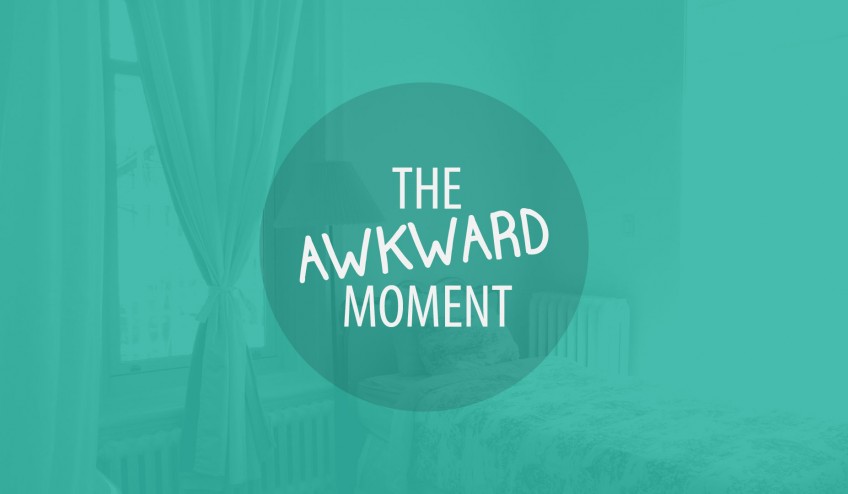Last week, an Irish online social justice “community” (Uplift.ie) asked people to pledge their beds to refugees fleeing war-torn Syria. Having read about the generous Islanders, offering beds, food and humanitarian assistance, I thought, what a great idea. I “pledged a bed” for two refugees. Later that day, Matthew came home. To our two-room, one-bed granny flat. “I pledged two beds,” I told him. Being the more sensible half, he looked at me in dismay and, naturally, asked about the logistics. Logistically, 4,000 people landing in Ireland and heading to places like Ardagh to set up shop is not very wise. What happens after 3 months when there’s still a body asleep in our sitting room-come-kitchen-come-office?
But I had to do something. How could we just stand by and let the worst humanitarian crisis since World War II pass us by as something “over there” that the Germans are sorting out? And I’ve found that others feel the same. People have been contacting me, the reluctant “justice person,” asking what they can do. Pray, I say. For prayer is the greatest power we underestimate. God cares deeply about these people and about this situation. He was not simply taking a bit of time-out when WWI and WWII and the Tsunami and the Great Famine happened. He is right there, pleading for his children. Therefore it will end. As Desmond Tutu said in the face of widespread, systematic oppression, “I never doubted that ultimately we were going to be free, because ultimately, I knew there was no way in which a lie could prevail over the truth, darkness over light, death over life.”
Isn’t it ironic that during the last massive humanitarian crisis in Europe, Germany was the great perpetrator, the great enemy, and now, it is the friendliest of nations? How feeble our seemingly in-grained prejudices are in the face of history. Things can change in an instant. Because the light shines, and the darkness has not, and will not, overcome it.
The current crisis seems bleak. It is very complicated. People have opinions about how and why and who is responsible. Pledging beds is perhaps not logistically advisable, but it sends out a symbolic message to the Government that we are willing to embrace broken, fleeing people. The wars may seem like a vast, indigestible evil, but when we remember that Jesus has overcome the darkness, we can have a tangible hope that all will be restored.
Perhaps that’s all too abstract. What does “hope that all will be restored” mean to a man who has lost his wife and children at sea? Perhaps that’s where we come in. Individual people are the branches on the vine, the servants in the vineyard, the members of the body. God chooses to infuse human bodies as living temples. His peace, hope and love is neither forced, nor mustered up. Like a nice herbal tea, He colours us. And cuppa by cuppa, He brings little shafts of light through us and to us, while in the bigger picture, He is doing the heavy lifting of restoring the earth.
I pray that we would tune in to what He is already doing. The first step is to believe that He bears the burden of vast indigestible evil (i.e. He does the heavy lifting), and then allow Him to infuse us. As Ann Voskamp said, “show me how you love your welfare-dependent, substance-addicted, God-rejecting neighbours, and maybe I’ll listen to your God.”
As a matter of interest, would you take in a refugee?


One Response to “The Awkward Moment When You Offer Your Non-Existent Bed To A Refugee”
Mark
Alice and I thought about taking someone in. Logistically we probably could, we have the space. However, we came to the conclusion that unless the government asked it’s citizens to take refugees in, it may not be the best option to offer up that space. After all, it would only be a short term solution. Refugees are not displaced for a number of weeks or months but a number of years.
A long term solution needs to be found. One where refugees can be housed, fed and given the opportunity to contribute to our society. That is however much easier said than done, but still needs to be strived for. These refugees will be in Europe for 5-10 years before they can make it home to rebuild.